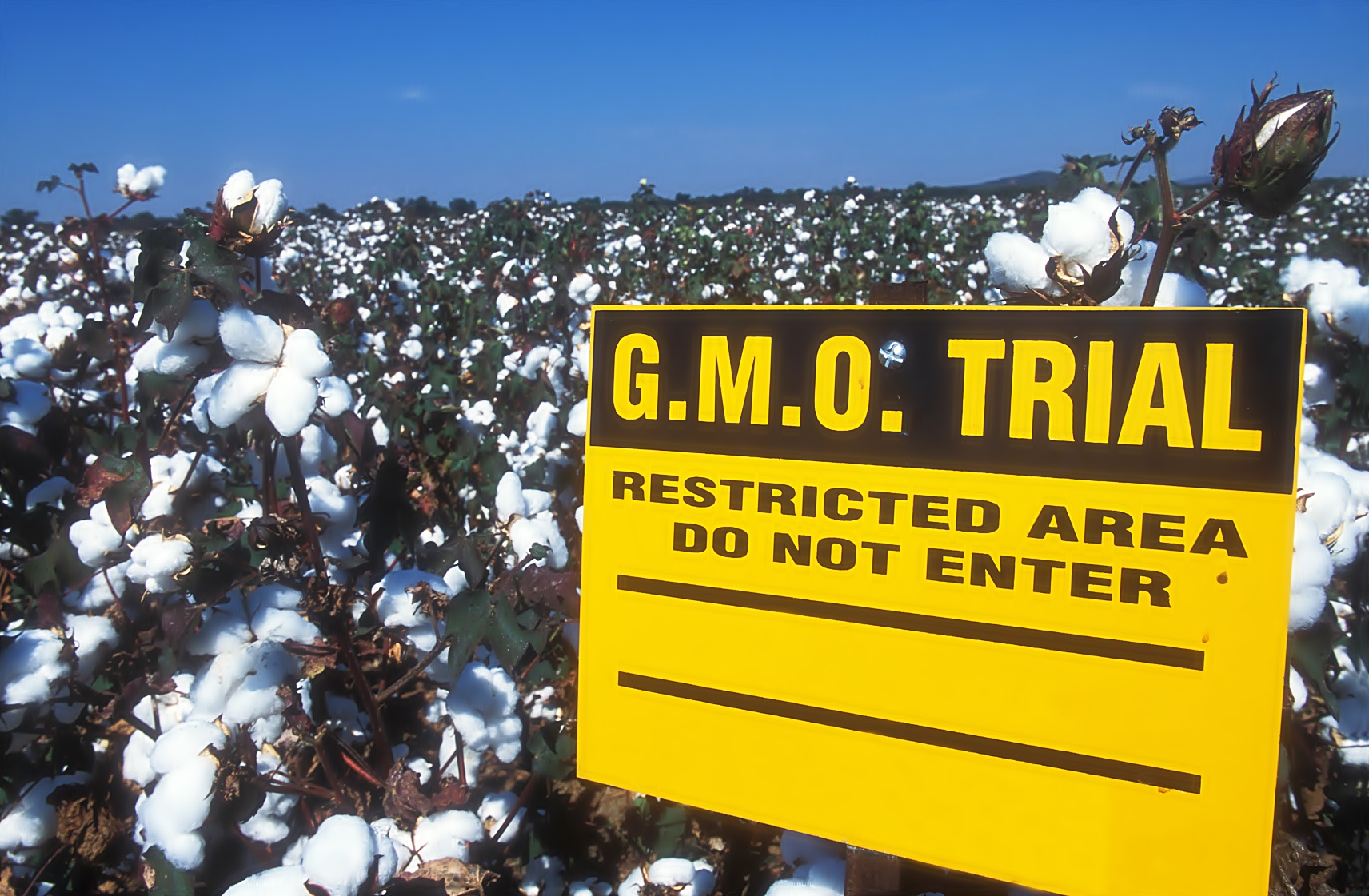
By Ernest KISSIEDU
Ghana has lost more than $10,000 as a result of non-collection of authorisation fees which are supposed to be paid by researchers conducting field trials of genetically modified organisms (GMOs) or crops in the country.
Since 2012, five projects have registered for field trials with two of the trials currently being repeated. One project did not take off at all while two projects on cotton were abandoned following Bt. Cotton’s phase out in neighbouring Burkina Faso.
The Bt. Cowpea, led by Savannah Agricultural Research Institute (SARI) Tamale and NEWEST Rice project, led by Crop Research Institute (CRI) Kumasi are both currently being repeated.
A trial on High Protein Sweet Potato by Crop Research Institute (CRI) Kumasi did not take effect while Bt. Cotton (by Savannah Agricultural Research Institute (SARI) Tamale) and Bt. + Ht Cotton (by Savannah Agricultural Research Institute (SARI) Tamale) were both discontinued.
For each of these instances, a registration fee of $2,000 should have been collected by the National Biosafety Authority (NBA).
Alas! It was not to be because the NBA still does not have parliament’s approval to collect fees. Hence, NBA has not charged a dime for registration.
Yet, charging such fees is one of the means by which the NBA is supposed to raise funding, according to Section 35(b) of the Biosafety Act, 2011 (Act 831).
“As part of the law, an organization is expected to pay $2,000 for registration for the maximum of three years. For those that we gave approval, we gave it to them for free because the NBA does not have the power to receive such monies,” Mr Eric Okoree, Chief Executive Officer of the NBA, revealed at a Biotechnology Training Session for Journalists and Editors, which was organized by the United States Embassy in Accra last week.
“Until Parliament gives us the power, we don’t have the mandate to receive any money for registration,” Mr. Okoree indicated.
Consequently, “The country is losing monies which we could have kept as Internally Generated Fund (IGF),” he pointed out.
According to him, organizations are registered and given three years for confined field trials after which they are subjected to renewal, which also undergoes another assessment.
NBA
The NBA was established under Act 831 to ensure an adequate level of protection in the field of safe development transfer, handling and use of genetically modified organisms from biotechnology that may have adverse effect on health and environment.
Also, its objective is to establish a transparent and predictable progress to review and make decision on genetically modified organisms and related matters.
The requirements of the Act are in addition to, and not in derogation of, the requirements imposed by any other enactment.
Types of activities covered by the regulations include: contained or confined use, introduction into the environment, placing on the market, import, export and transit.
Safety
With discussions around GMOs usually evoking concerns around safety of GMOs and GMO products, presenters at the session repeatedly stressed that GMOs and their products have not been found to pose any risks to human health.
In this regard, Mr Okoree assured Ghanaians not to panic about the consumption of biotech products on the market.
For him, modern biotech products do not come to the public until it has passed through the Biosafety Authority for sieving before they are approved for usage.
“We make sure the public gets only beneficial biotech products. Socio-economic analysis are done before the GM products come into contact with people. Currently, scientists are conducting researches on GMOs both in the labs and on the fields of Ghana.
Meanwhile, Dr Vivian Oduro of Biotechnology and Nuclear Agriculture Research Institute, University of Ghana, has described the GMO technology as a faster method of breeding crops than the conventional means.
“The GMO technology is faster, specific or precise and possible with plants that do not cross sexually. It has much greater reservoir of genes and traits. The genes are made up of the DNA. The language of the DNA is the same regardless of the organism.”
Dr Oduro added that biotech products have increased yields and are uniform whiles crops bred conventionally end up with decreased yields and non-uniformity.
Communications Director of Africa Harvest, Mr Daniel Kamanga reiterated the safety of GMO foods saying, they are highly regulated.
“People use less resources such as water, land, energy and pesticides with GMO technology whiles producing more. When introduced into the country, the GMO will change and impact positively on the economy.
“Ghanaians must focus on the importance of the GMOs, thus to fight diseases, reduce food wastes and protect the environment.”
Coverage
In 2016, global area of biotech crops was 185.1 million hectares, representing an increase of 3% from 2015, equivalent to 5.4 million hectares, according ISAAA 2016 report.
In 2015 alone, economic benefits globally were US$15.4 billion of which US$7.5 billion was for developing and US$7.9 billion was for industrial countries. The six countries that gained the most economically from biotech crops in 2015 were the USA (US$6.9 billion), India (US$1.3 billion), China (US$1 billion), Argentina (US$1.5 billion), Brazil (US$2.5 billion), and Canada (US$0.9 billion), and others (US$1.3 billion), making a total of US$15.5 billion.
Analysts also say that of the US$167.8 billion additional gain in farmer income generated by biotech crops in the 20 years of commercialization (1996 to 2015), it is noteworthy that US$81.7 billion was generated in industrial countries and US$86.1 billion in developing countries. Moreover in 2015, developing countries had a lower share, 48.7% equivalent to US$7.5 billion of the total US$15.4 billion gains with industrial countries at US$17.9 billion.



























